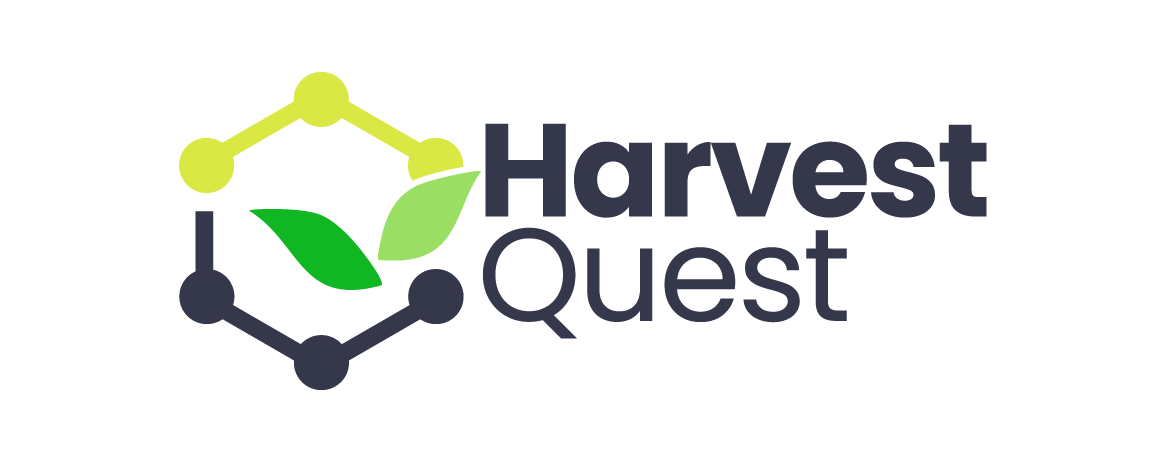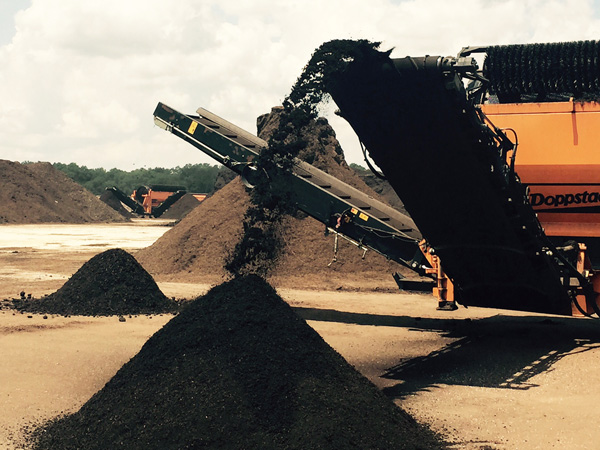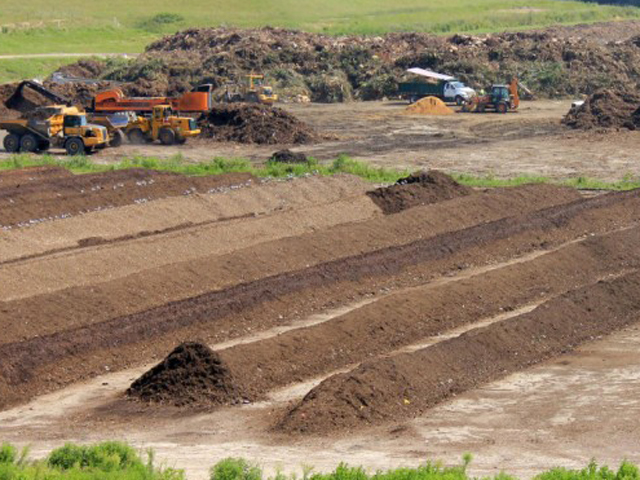Ammonia (NH3) can be in excess during the breakdown of organic materials, particularly manure. Ammonia is a breakdown product of urea (CH4N20), which is present in animal urine and feces, but also arises wherever significant forms of protein and amines are present in decaying organic matter.
Certain microbes in the composting possess the enzyme urease, which catalyzes the conversion of the urea molecule into ammonia molecules and a carbon dioxide molecule. When piles are turned, particularly during the first few weeks of composting, ammonia can be volatilized, lost to the atmosphere, in significant quantities. Insufficient carbon in a pile (low C:N Ratio) will usually cause a rise in pH and exasperate the generation and loss of ammonia.




